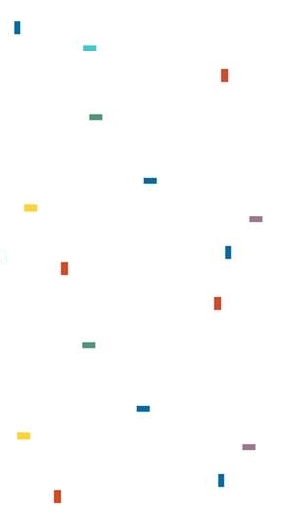CFP: Dewey Studies: “After The Insurrection: Addressing the Crisis in Liberal Democracy.”
Special issue edited by Leonard Waks, Hangzhou Normal University; Liz Jackson, Education University of Hong Kong; and Sophie Ward, University of Durham
Scheduled for publication in December 2021
The Crisis in Democracy
According to “Democracy Under Siege,” the 2020 Annual Report of the non-profit organization Freedom House:
“As a lethal pandemic, economic and physical insecurity, and violent conflict ravaged the world in 2020, democracy’s defenders sustained heavy new losses in their struggle against authoritarian foes, shifting the international balance in favor of tyranny.
Incumbent leaders increasingly used force to crush opponents and settle scores, sometimes in the name of public health, while beleaguered activists—lacking effective international support—faced heavy jail sentences, torture, or murder in many settings.”
The democratic decline is now felt alike by citizens of the cruelest dictatorships and long-standing democracies. Democratic freedom is diminishing in China, Russia, India, and Eastern Europe. Far-right parties are making progress in Germany and France, while democratic institutions are eroding in the United States and the United Kingdom.
Lying behind the crisis is the impasse in the neo-liberal world order and economic globalization. As globalization has entailed the shift of manufacturing and other industries to nations with lower labor costs, workers in de-industrializing countries have lost both income and social status. Meanwhile the flow of immigrants has challenged cultural norms and hierarchies, leaving prevalent national groups feeling threatened and displaced.
In the United States, the 2016 election campaign of Donald Trump appealed to de-industrialized workers – the “losers” of globalization – and to those – mostly older white males – nursing cultural grievances as ethnic minorities and immigrants gained cultural and political power. In January 2021 an insurrectionist mob, provoked by Trump, stormed the capital and disrupted the certification of his opponent’s election. Leading up to the insurrection the Trump administration removed mechanisms of accountability, spread false claims of electoral fraud, and responded to protests against racial injustice with irregular federal police violence.
In the United Kingdom, Prime Minister Boris Johnson completed the “Brexit” withdrawal from the European Union. Brexit won narrow popular support on the basis of similar false claims regarding its economic benefits and appeals to racial and cultural grievances. The withdrawal of the United Kingdom from the EU now weakens the pro-democracy European project, which has been further debilitated by the rise of the far-right in Eastern European member countries.
In Asia, the Covid-19 pandemic has cast political and socioeconomic inequities and lack of representation within societies in a new light. China’s pandemic response has spurred critical questions about its mechanisms for democratic accountability and global information sharing, while its treatment of regional groups has stirred international concern and condemnation. In the Philippines, India, and Thailand, challenges with human rights have been intensified and exacerbated with tragic results alongside the rise of Covid-19.
The Special Issue
To respond to these developments, the editors of Dewey Studies invite contributions to a special issue, “After The Insurrection: Addressing the Crisis in Liberal Democracy.” We seek short papers of up to 1500 words, in response to such questions as these:
* How can philosophers, humanities and social science scholars, and educators at all levels respond to the crisis in liberal democracy?
*What new theoretical frameworks or empirical research studies might clarify the crisis and point to avenues for its resolution?
* How can the crisis of democracy be addressed through the standard formats of academic activity such as papers in scholarly conferences, publications in scholarly journals, and the introduction of new courses or curriculum content?
* What new forms of scholarly activity and publication can be initiated to reach new audiences with new forms of communication?
* What kinds of collaborative projects, in research or teaching, within and beyond academia, might address the crisis?
* How can academic professionals join forces with pro-democracy activists and contribute to their efforts?
We especially seek brief, informal contributions offering new insights. While reference citations are expected, the editors welcome original and provocative ideas regardless of scholarly embellishments. We also welcome reviews of recent books addressing the crisis and bibliographies of recent scholarship on any of its dimensions.
